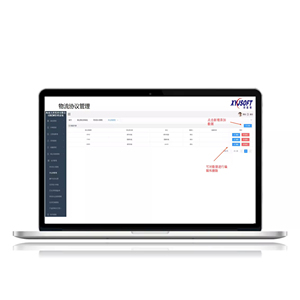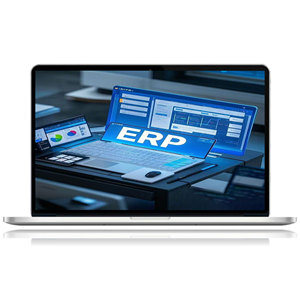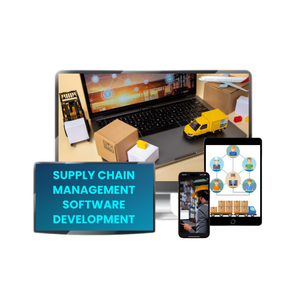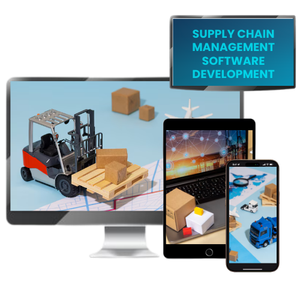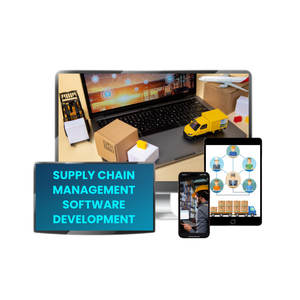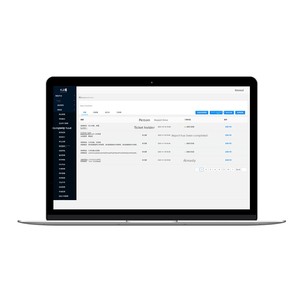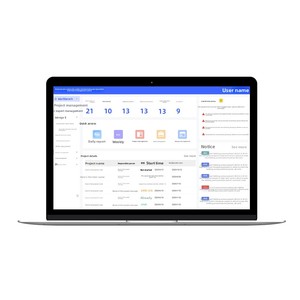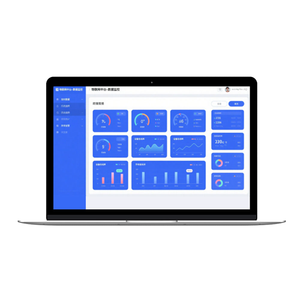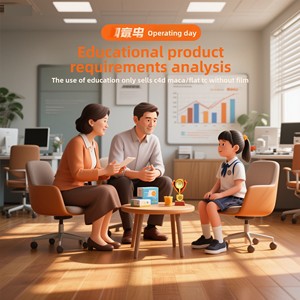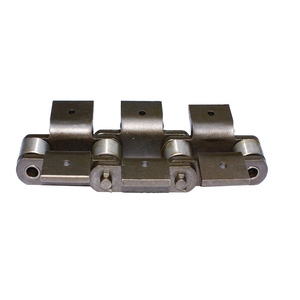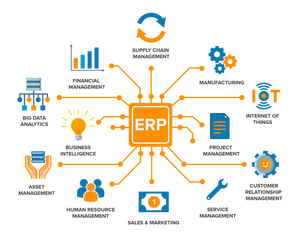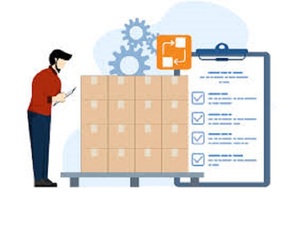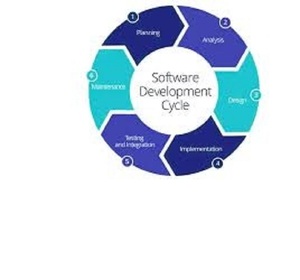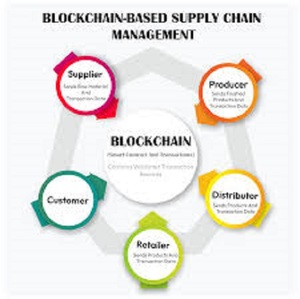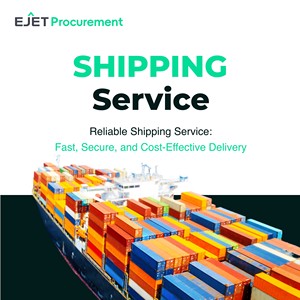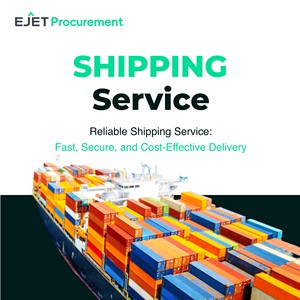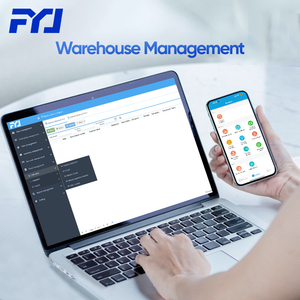Supply Chain Management Definition With Example
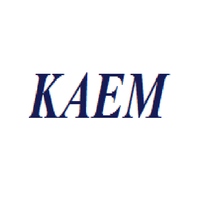




 CN
CN



 CN
CN



 CN
CN


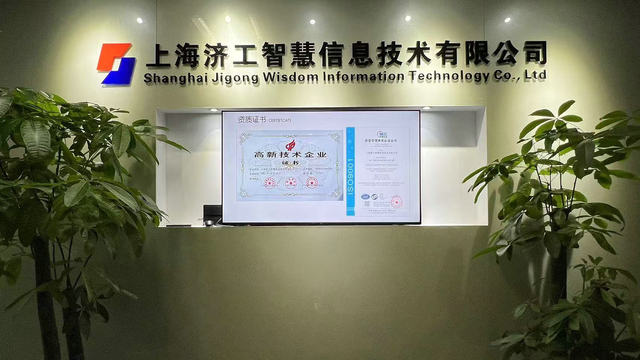

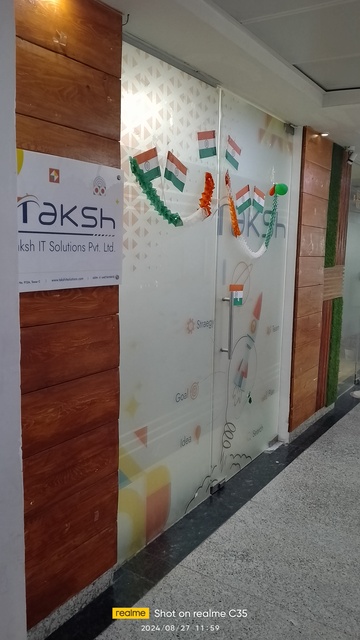

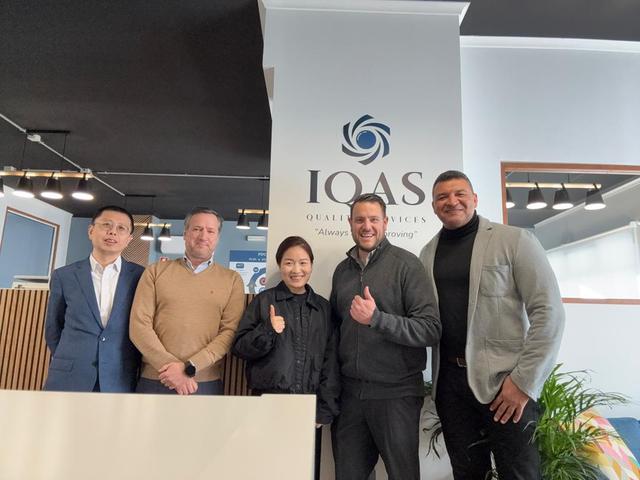


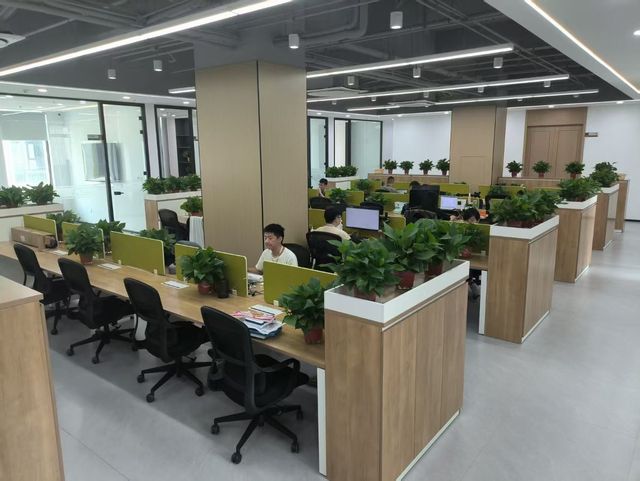







 CN
CN









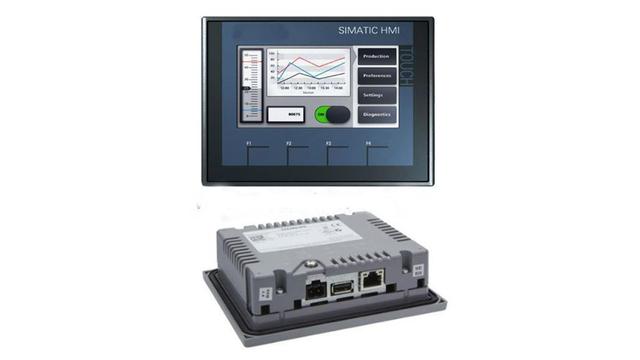



About supply chain management definition with example
Where to Source Supply Chain Management Solutions?
The global supply chain management (SCM) solutions market is increasingly concentrated among specialized technology and logistics providers in China, particularly in Guangdong and Shanghai. These regions host a high density of software development firms and integrated logistics operators that combine domain expertise with scalable digital infrastructure. Guangzhou and Shanghai serve as primary hubs due to their robust IT talent pools, proximity to manufacturing zones, and established export-oriented service ecosystems.
Suppliers in these clusters offer end-to-end capabilities—from custom SCM software development to freight forwarding and procurement automation—enabling businesses to streamline inventory, logistics, and supplier coordination. The co-location of technical developers, logistics coordinators, and compliance specialists allows for rapid deployment of tailored systems. Buyers benefit from shorter implementation cycles (typically 2–6 weeks for software setups), modular pricing models, and integration flexibility with existing ERP platforms.
How to Evaluate Supply Chain Management Providers?
Selecting the right partner requires rigorous assessment across three critical dimensions:
Technical Expertise & Customization Capability
Verify demonstrated experience in developing or deploying SCM systems, particularly those aligned with business scale and operational complexity. Suppliers offering customizable modules—such as procurement tracking, demand forecasting, or warehouse management—should provide documented case studies or system demos. For software-based solutions, confirm support for API integrations, cloud hosting, and mobile accessibility.
Service Performance Metrics
Analyze quantifiable performance indicators available through transaction records:
- On-time delivery rate ≥95% indicates reliable service execution
- Response time ≤5 hours reflects operational responsiveness
- Reorder rate above 20% suggests client satisfaction and service consistency
Cross-reference these metrics with order volume and customization scope to assess scalability.
Transaction Security & Verification
Prioritize suppliers with verified business statuses and transparent revenue histories. Use secure payment mechanisms such as escrow services for initial engagements, especially when procuring bespoke software or long-term support contracts. Request documentation on data security protocols, particularly for cloud-based SCM platforms handling sensitive enterprise information.
What Are the Leading Supply Chain Management Solution Providers?
| Company Name | Core Offering | Price Range (Min Order) | On-Time Delivery | Avg. Response | Reorder Rate | Revenue Tier | Customization |
|---|---|---|---|---|---|---|---|
| KAEM SOFTWARES PRIVATE LIMITED | SCM Software Licensing | $95 (2 units) | - | ≤2h | - | $8,000+ | Limited |
| Guangzhou Manyidi Logistics Supply Chain Co., Ltd. | Logistics & Freight Management | $0.40–0.51/kg | 100% | ≤5h | 20% | $1,000+ | Standardized Services |
| Guangzhou Feituos International Freight Co., Ltd. | Procurement & Consolidation Agency | $0.01–$1/kg or piece | 100% | ≤6h | 28% | $100+ | Color, Logo, Packaging |
| Shanghai Honghuan Network Technology Co., Ltd. | Custom SCM System Development | $500/set | 100% | ≤3h | - | Not specified | Full Customization |
| Shanghai Jigong Intelligent Information Technology Co., Ltd. | Enterprise SCM & ERP Integration | $1,000/piece | 100% | ≤9h | - | Not specified | High Customization |
Performance Analysis
Providers like Guangzhou Manyidi and Feituos demonstrate strong service reliability with 100% on-time delivery and reorder rates exceeding industry averages, indicating consistent client retention in logistics execution. Shanghai-based developers—Honghuan and Jigong—target enterprises requiring deep system integration, offering fully customizable SCM platforms at higher price points. KAEM SOFTWARES stands out for low-cost software licensing with fast response times but lacks public reorder or delivery data, suggesting limited historical transaction volume. Buyers seeking turnkey logistics should prioritize Guangzhou-based firms, while those needing enterprise-grade software should engage Shanghai’s specialized developers with proven technical infrastructure.
FAQs
What defines supply chain management? Provide an example.
Supply chain management (SCM) is the coordination of activities involved in sourcing, production, logistics, and distribution to deliver goods efficiently from supplier to customer. Example: A footwear manufacturer uses an SCM system to synchronize raw material procurement from Vietnam, monitor production timelines in Guangdong, manage shipping via a third-party logistics provider, and update inventory levels in real time across U.S. and European warehouses.
What are typical minimum order requirements?
For software licenses, MOQ starts at 2 units ($95). Logistics services often require 1 kg or 1 piece minimum. Custom development projects typically have MOQs of 1 set or unit, priced from $500 to $1,000 depending on complexity.
How long does SCM system implementation take?
Off-the-shelf software can be deployed within 1–2 weeks. Custom SCM systems with integration requirements generally take 3–6 weeks, including testing and training phases.
Can suppliers integrate SCM systems with existing ERP platforms?
Yes, many suppliers offer API-based integration with major ERP systems. Confirm compatibility with your current infrastructure during technical consultations and request demonstration environments before contract finalization.
Do providers offer post-deployment support?
Most software-focused suppliers include annual support packages with 24/7 service options. Verify SLA terms covering response windows, bug resolution timelines, and upgrade availability before procurement.
















